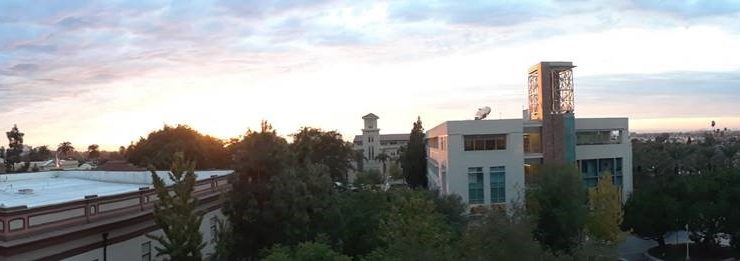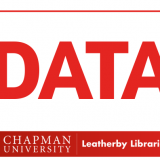Soldier’s War Students Present Theses in the Center for American War Letters Archives
December 6, 2019
On Monday December 2, Chapman’s Master of Arts program in War and Society held an academic competition in the Center for American War Letters Archives that speaks to the nature of the materials housed in the repository.
Students that were part of Dr. Jennifer Keene’s HIST 501 Soldier’s War class had a semester-long project using the war letters archives; to select a single collection and argue a thesis based on that personal experience. Their theses could range from experiences of war, training, or rear-area military life during wartime, to even focus on the home front or some larger societal effect of the war as experienced by these brave soldiers and sailors.
One by one, the students came to the archives in early September seeking guidance on not only selecting a collection of these primary sources, but determining what topic they would write about, and how to turn these sources into something writable. Many of their initial conceptions about these collections and preconceived ideas of topics went out the window when they realized what they were up against. These collections of correspondence are a unique set of sources. They must tell the story to you. Often you will not find what you are seeking.
They continued to shuffle in, reading pages upon pages of letters and documents, looking at photographs of soldiers largely in their family’s memories, and sussing out that experience on a deeper level. Using their knowledge of history, sometimes learning as they went, they crafted narratives and used secondary sources to put together graduate level theses that are worthy of the best scholarship.
On Monday, after countless hours of tireless work, they returned one last time with enhanced trepidation. They had to present a three-minute version of their thesis to their classmates, a panel of judges, and assorted faculty and alumni. Through nervousness, both about their performance and the fruits of their labor, they shone in spectacular fashion. Each thesis was unique, bold, and helps to further the scholarly discussion on America’s experience of war on an individual and societal level.
As the steward of these materials, I was particularly impressed and moved to see these sources put through the scholarly journey. From reference to research, from ideas to presentable theses, these students made the work that we do in the archives and the library as a whole worthwhile. As we continue to collect, arrange, and describe to make these amazing materials available to researchers, I cannot wait to see what the future holds!


